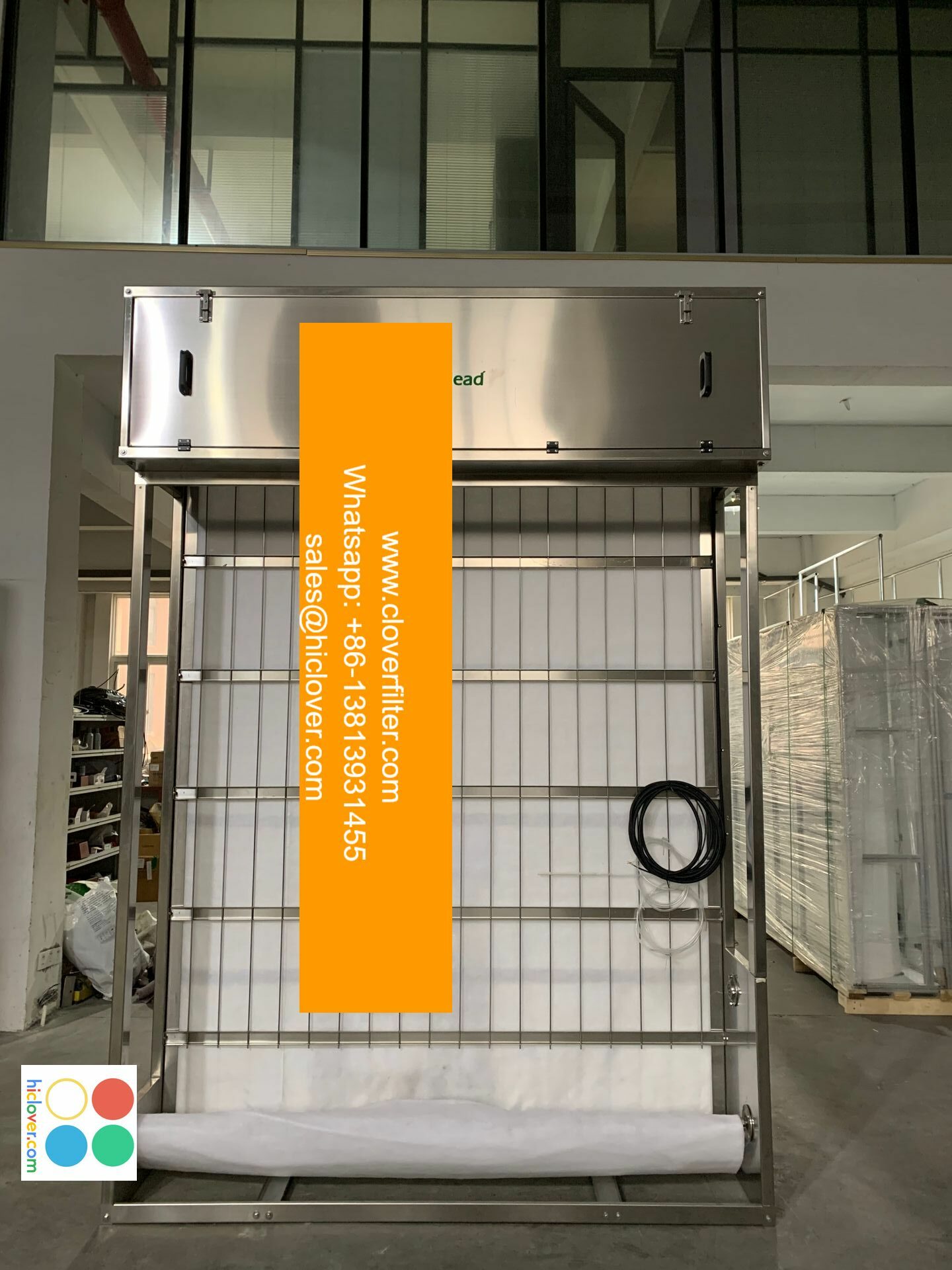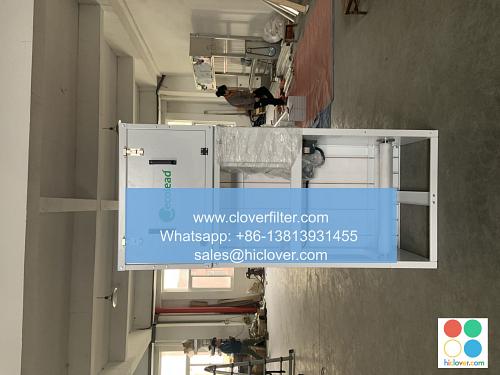Air Filter Design: The Impact of Materials and Shape

Air filter design plays a crucial role in maintaining indoor air quality, heating, ventilation, and air conditioning (HVAC) systems, and air pollution control. The choice of materials and shape of air filters can significantly impact their performance, efficiency, and effectiveness. In this article, we will explore the importance of air filter design, the role of materials and shape, and their applications in various fields.
##
Introduction to Air Filter Design
Air filters are designed to remove particulate matter (PM), gases, and volatile organic compounds (VOCs) from the air. The design of air filters involves selecting the right materials, shape, and size to ensure optimal performance. The choice of materials depends on the type of application, such as industrial air filtration, commercial air purification, or residential air cleaning.
##
Materials Used in Air Filter Design
The materials used in air filter design can be broadly classified into two categories: fibrous materials and non-woven materials. Fibrous materials, such as glass fibers and polyester fibers, are commonly used in HEPA filters and activated carbon filters. Non-woven materials, such as polypropylene and polyethylene, are used in pleated filters and bag filters. The choice of material depends on the desired level of air filtration efficiency, pressure drop, and durability.
##
Shape and Size of Air Filters
The shape and size of air filters can significantly impact their performance. Pleated filters and folded filters are designed to increase the surface area, allowing for better air filtration efficiency and lower pressure drop. Cylindrical filters and conical filters are used in industrial air filtration systems and commercial air purification systems. The size of the filter depends on the airflow rate and system requirements.
##
Applications of Air Filter Design
Air filter design has various applications in different fields, including:
* Indoor air quality (IAQ) control
* HVAC systems
* Air pollution control
* Industrial air filtration
* Commercial air purification
* Residential air cleaning
* Pharmaceutical air filtration
* Food processing air filtration
* Medical air filtration
##
Conclusion
In conclusion, air filter design plays a vital role in maintaining indoor air quality and controlling air pollution. The choice of materials and shape of air filters can significantly impact their performance, efficiency, and effectiveness. By understanding the importance of air filter design and its applications in various fields, we can create more efficient and effective air filtration systems to improve indoor air quality and public health. It looks like you haven’t given me a prompt yet. What would you like to talk about or ask? I can summarize a topic, answer a question, generate text, or even just chat with you. What’s on your mind?

